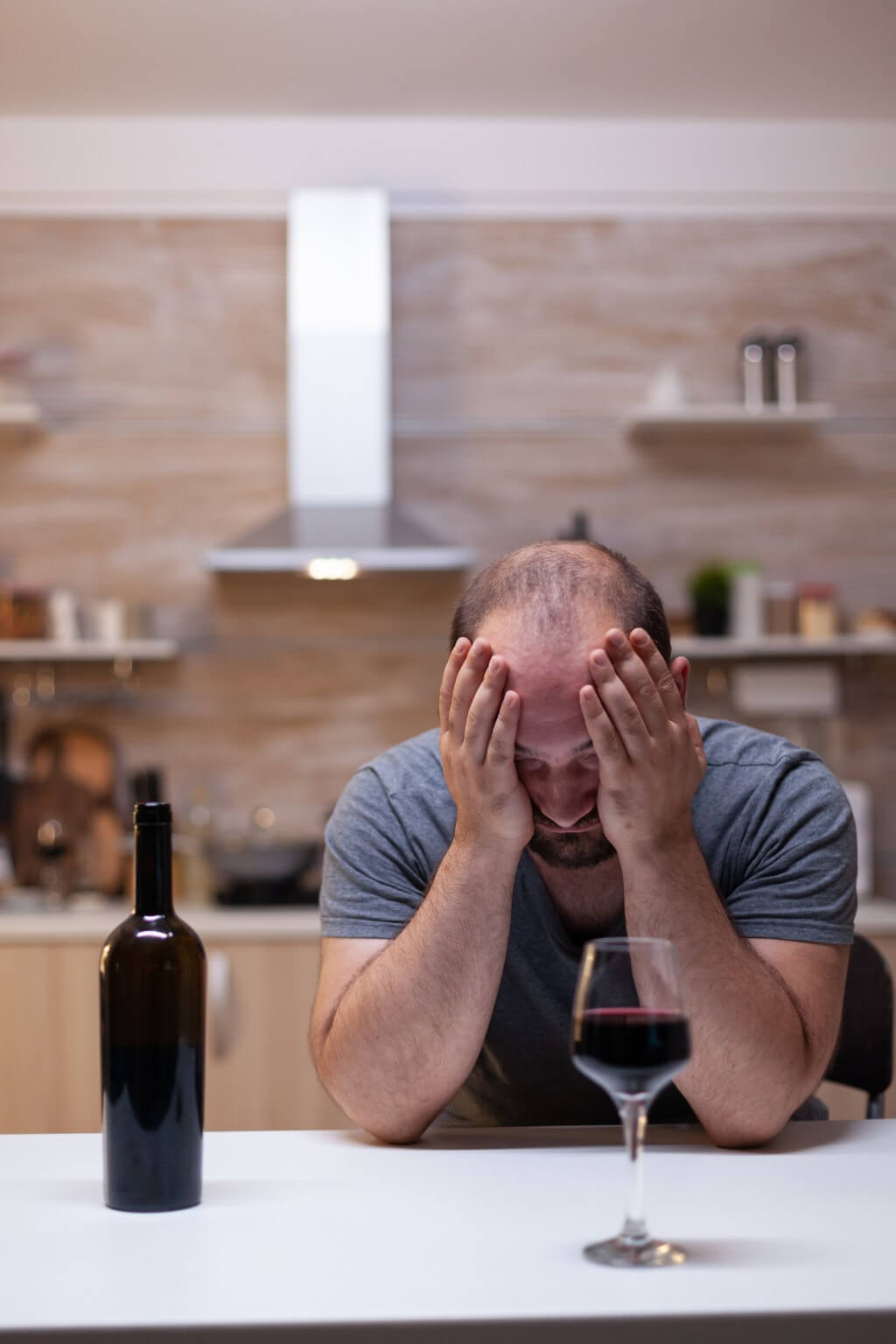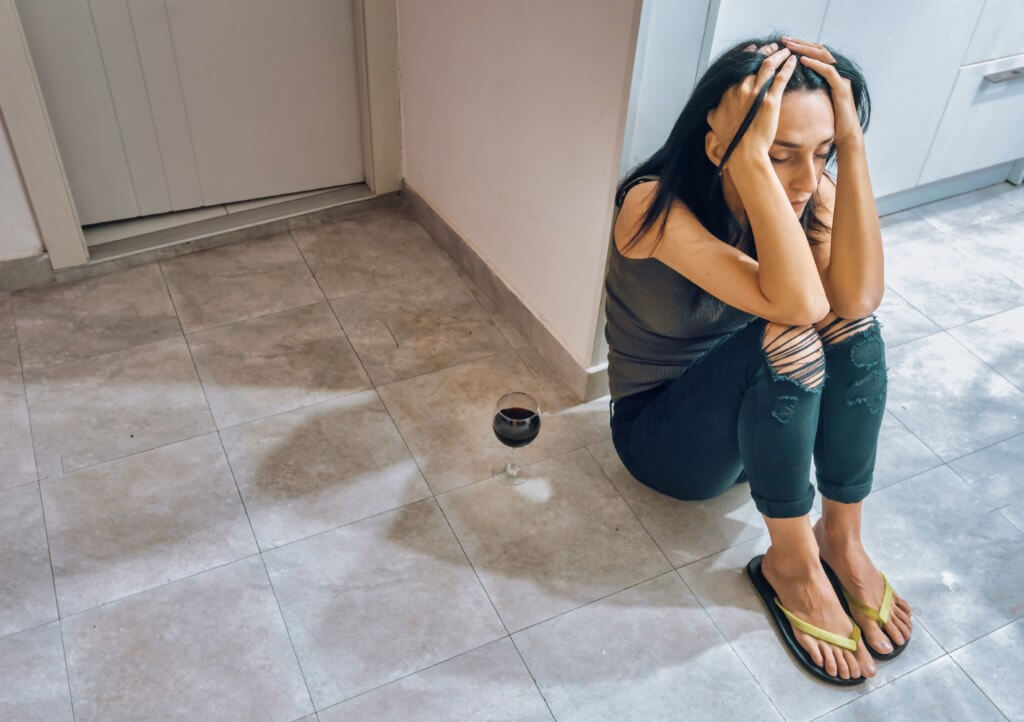Alcohol is one of the most commonly used substances in South Africa, with an estimated 602,391 individuals considered dependent drinkers. Shockingly, only 18% of those affected are receiving treatment for their alcohol-related issues[1]. Recent statistics reveal a concerning surge in hazardous drinking behaviors, especially since the onset of the COVID-19 pandemic.
Monthly YouGov surveys indicate a significant increase in the number of people at high risk due to alcohol consumption:
- October 2019 – 5 million people (11.9%)
- February 2020 – 6 million people (12.4%)
- October 2021 – 8 million people (18.1%)
It is generally recommended that adults limit their alcohol intake to no more than 14 units per week. To put it in perspective, a unit roughly equates to half a pint (500ml) of regular strength lager/beer/cider, a small (125ml) glass of wine, or a single shot (25ml) of spirits.
However, with the rise of at-home drinking in comparison to going out, more adults are starting to consume alcohol earlier in the day and continuing into the late hours, resulting in higher overall alcohol consumption. These hazardous drinking patterns, often leading to the development of alcohol use disorders or alcoholism, are typically categorized into three main groups:
- Binge drinking – consuming five drinks for men and four drinks for women within a two-hour period.
- Heavy drinking – engaging in binge drinking on five or more days in the past month.
- High-intensity drinking – consuming alcohol at levels exceeding twice the binge drinking thresholds.
Alcohol affects every part of the human body, including the brain, and carries various associated risks, such as alcohol poisoning, liver disease, cardiovascular disease, cancer, stroke, addiction, and mental health disorders.
One of the lesser-known side effects of alcohol is its impact on the brain and nervous system, which can trigger anxiety symptoms.
Understanding Anxiety Anxiety involves feelings of fear or worry about impending events and is characterized by a combination of physical symptoms and psychological disturbances. These symptoms can include an increased heart rate, rapid and shallow breathing, trembling, dizziness, and excessive sweating.
While anxiety can be adaptive, helping us stay alert in dangerous situations or perform under stress (such as during a job interview), excessive or prolonged anxiety can significantly disrupt an individual’s life.
Anxiety can take various forms, including:
- Generalized anxiety disorder (GAD): Consistent underlying anxiety experienced daily and across multiple situations.
- Panic disorder: Intense anxiety and fear, often triggered by specific situations, leading to panic attacks.
- Phobias, including social phobia: An intense fear of being in unfamiliar social situations.
Alcohol and Anxiety Alcohol is a depressant and acts as a sedative, leading many to believe it will help them relax, feel at ease, and boost social confidence.
However, these perceived benefits are short-lived. Alcohol disrupts the balance of hormones, chemicals, and processes in the brain. Initially, alcohol consumption lowers inhibitions in the brain, resulting in a relaxed feeling and the release of dopamine, a feel-good hormone integral to the brain’s reward system.
As the body metabolizes alcohol, it transitions into alcohol withdrawal, akin to what occurs in individuals with alcohol dependence. The sedative effects give way to a rollercoaster of emotions and sensations as the body and brain strive to return to equilibrium.
The disruption and increased brain activity caused by alcohol lead to psychological sensations of depression, anxiety, agitation, irritability, dread, and fear. These symptoms are often accompanied by physical hangover symptoms like fatigue, nausea, and headaches.
A groundbreaking study from 2021, conducted by the University of Oxford, revealed that alcohol’s detrimental impact on the brain meant that there was no safe level of drinking[5]. The study focused on analyzing gray matter regions in the brain, responsible for memory, movement, and emotions. The results showed that even moderate alcohol consumption had widespread adverse effects on the brain, resulting in neurodegenerative issues and declining mental health.
For individuals with pre-existing anxiety and other mental health conditions, the effects of “hangxiety” can be notably more intense and distressing, sometimes leading to panic attacks.
A Vicious Cycle People with anxiety often turn to self-soothing strategies to alleviate their symptoms, such as binge-watching TV, comfort eating, drugs, and alcohol. While alcohol may provide temporary relief, it typically exacerbates anxiety, prompting individuals to drink more to ease their discomfort.
This creates a vicious cycle where they:
- Consume alcohol.
- Initially feel calmer as the alcohol affects the brain.
- Experience anxiety as a symptom of alcohol withdrawal.
- Drink again in an attempt to relieve anxiety.
As tolerance to alcohol builds, individuals require larger quantities to achieve the same effects. This, in turn, intensifies hangxiety symptoms the following day, paving the way for dependence and alcohol use disorder.
Reducing Alcohol Intake Recognizing the challenge of breaking free from habitual alcohol use, especially in professional settings with client lunches, networking events, and social engagements, we encourage individuals to start reducing their alcohol intake.
It’s essential to note that alcohol withdrawal symptoms (AWS) can manifest in individuals who are not necessarily alcohol-dependent. The response to reduced alcohol intake or abstinence varies widely and can be challenging to predict.
If you find it difficult to decrease your alcohol consumption or are concerned about your drinking habits, please reach out to us today. Alcoholism affects individuals across all walks of life, and at Revoke, we can provide assistance. Our outpatient treatment program is tailored to your unique needs, offering professional support to help you focus on recovery and lead a life free from the detrimental impacts of alcohol.
